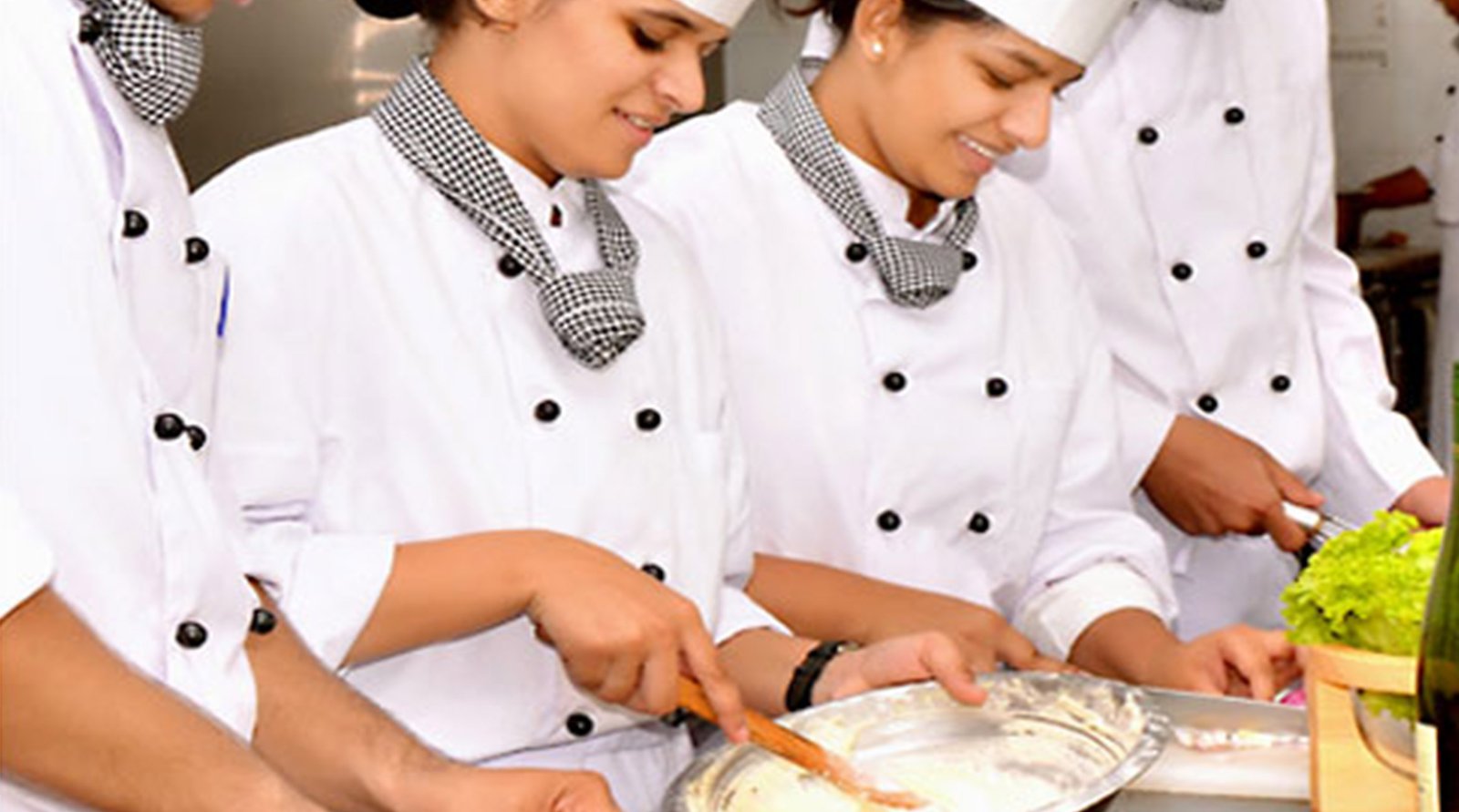The role of an air hostess is more than just welcoming passengers with a warm smile. It is a career that demands responsibility, excellent communication, and the ability to manage challenging situations at 30,000 feet. Today, many young individuals are drawn to the aviation industry, especially after completing an Air Hostess/ Flight Steward Course in Udaipur that trains them for the demands of the job and prepares them for an exciting career in the skies.
Air hostesses, also known as cabin crew or flight attendants, are the face of any airline. They are trained professionals who ensure passenger safety and comfort from the moment the boarding begins until everyone exits the aircraft. This guide provides a complete overview of their in-flight responsibilities, training requirements, and what it takes to succeed in this profession.
Ensuring Passenger Safety on Board
One of the most important duties of an air hostess is to maintain safety during the entire flight. Before takeoff, the cabin crew demonstrates safety procedures, such as how to use oxygen masks, fasten seatbelts, and locate emergency exits. In case of turbulence, technical issues, or emergency landings, air hostesses are trained to respond quickly and calmly to protect passengers.
They conduct thorough checks before departure to ensure that all safety equipment is working properly. This includes verifying that life jackets, fire extinguishers, and medical kits are in place and functional. They also make sure that the cabin is secure and that all passengers follow safety instructions.
Welcoming and Assisting Passengers
A warm welcome makes passengers feel comfortable, especially on long journeys. From greeting travelers during boarding to helping them find their seats and store their luggage, air hostesses are there every step of the way. They provide special assistance to passengers with disabilities, elderly passengers, and families traveling with infants.
In addition to answering questions about the flight, cabin crew members also provide comfort items like pillows, blankets, and headphones. Their ability to handle each situation with care and patience reflects their customer service training and people skills.
Serving Food and Beverages
Once the plane is in the air, one of the key responsibilities is managing in-flight food and beverage service. Air hostesses must carefully handle meal trays, hot drinks, and snack items, ensuring they reach each passenger efficiently and hygienically. They accommodate special dietary requests and are trained to handle allergic reactions or other food-related issues.
Serving food might seem like a small task, but it requires focus, coordination, and excellent time management, especially during short-haul flights where time is limited.
Managing Difficult Situations with Confidence
Flight attendants must be prepared for various challenges. From dealing with nervous or anxious flyers to managing passengers who may be intoxicated or uncooperative, the role demands patience, empathy, and assertiveness. In rare cases of medical emergencies, air hostesses are trained in first aid and CPR, offering immediate care until the plane lands.
Another scenario might involve managing conflicts between passengers or responding to suspicious behavior. In such cases, cabin crew must maintain control of the situation, follow airline protocols, and ensure that the environment remains calm and secure.
Communication and Teamwork
Effective communication is at the heart of an air hostess’s job. Cabin crew members work as a team, coordinating with pilots and ground staff to make sure everything runs smoothly. They must relay important information clearly and respectfully to passengers, especially during unexpected situations like delays or turbulence.
Strong teamwork ensures that services are delivered efficiently, and passengers feel supported throughout their journey. The ability to work well under pressure while maintaining a professional attitude is what sets excellent cabin crew members apart.
Maintaining a Professional Appearance and Attitude
Air hostesses represent the airline’s image. Therefore, personal grooming, posture, and behavior are essential. They are expected to dress according to uniform guidelines, maintain a pleasant tone of voice, and show respect to passengers from all cultures and backgrounds.
A friendly smile, polite behavior, and helpful attitude go a long way in creating a positive travel experience. Even on long flights or during difficult shifts, maintaining professionalism is crucial.
How Training Builds Skills and Confidence
Becoming an air hostess requires proper training and education. A specialized course helps build the knowledge, skills, and confidence needed to handle real-life flight scenarios. Many aspirants choose UIHM, a reputed Airport Ground Staff college in udaipur, for its structured aviation courses and expert faculty.
Such institutions offer hands-on training in mock aircraft cabins, safety drills, communication exercises, and grooming workshops. In addition to theory, students also gain practical exposure through internships or simulated experiences that prepare them for real airline operations.
Key Skills for a Successful Career as an Air Hostess
- Excellent Communication: Speaking clearly and listening actively helps in managing passenger needs.
- Quick Decision-Making: In emergencies, quick thinking can make a big difference.
- Teamwork and Coordination: Working closely with fellow crew members ensures smooth operations.
- Cultural Sensitivity: Understanding and respecting different cultures enhances passenger comfort.
- Physical Fitness: Good health and stamina are important due to long hours and physically demanding tasks.
Final Thoughts
A career as an air hostess is exciting, rewarding, and filled with new experiences every day. It offers the chance to travel the world, meet diverse people, and work in a dynamic environment. However, it also comes with responsibilities that require dedication, training, and a strong commitment to service.
By choosing the right training program and developing the necessary skills, aspiring professionals can thrive in this field. The role of an air hostess is not just a job—it’s a commitment to excellence, safety, and hospitality in the sky.




